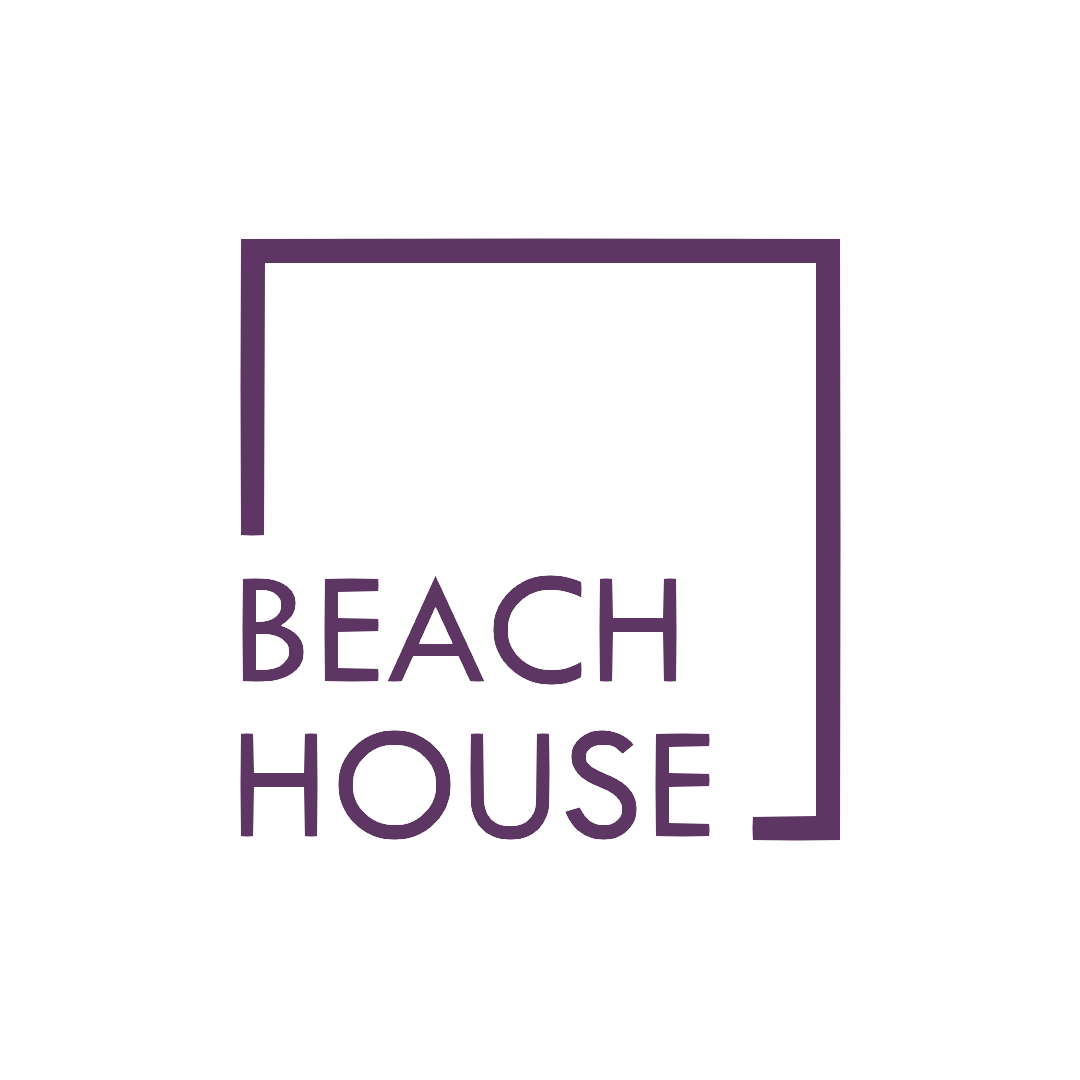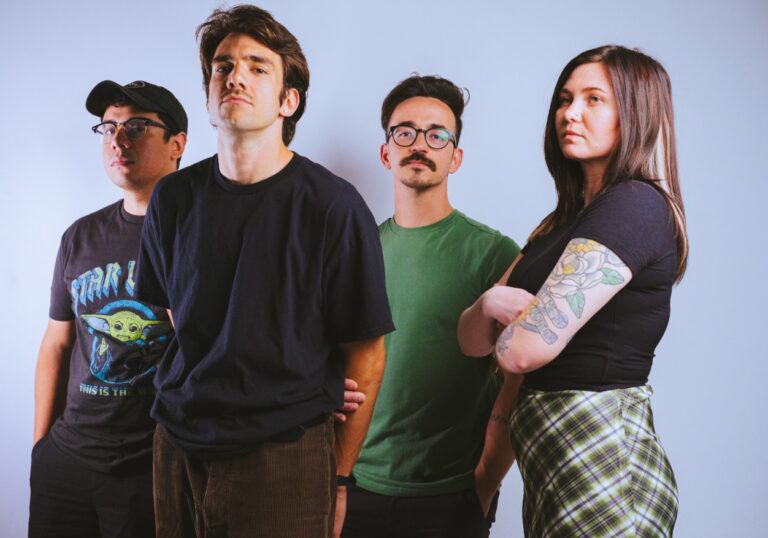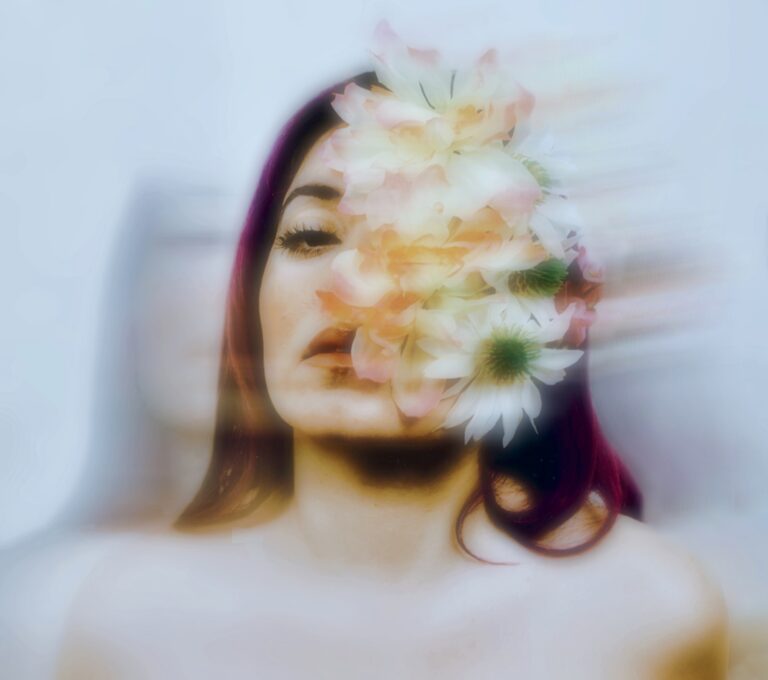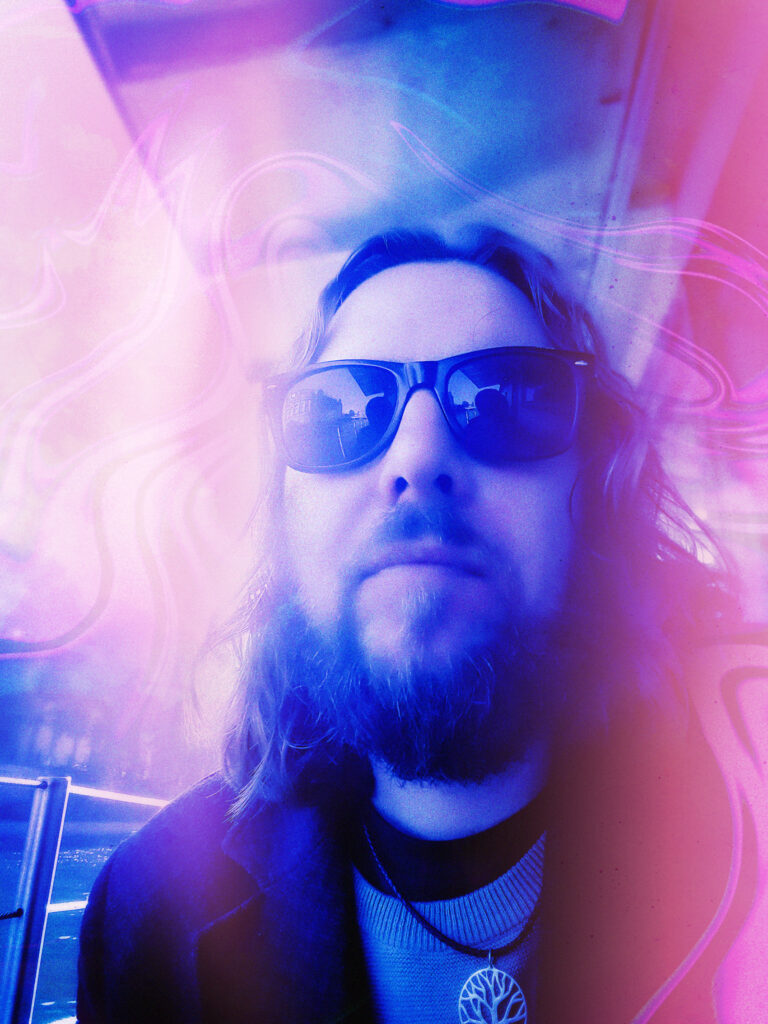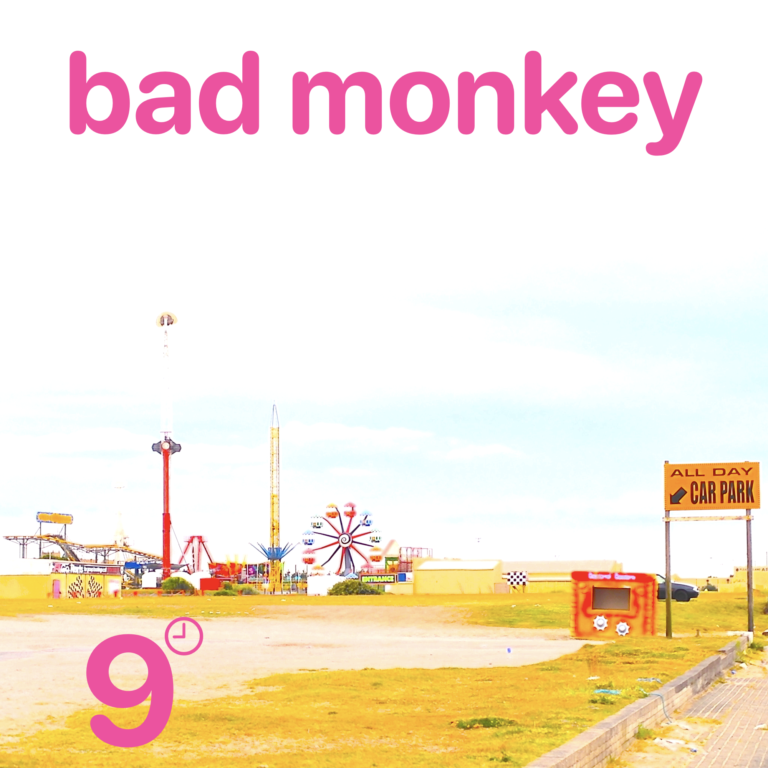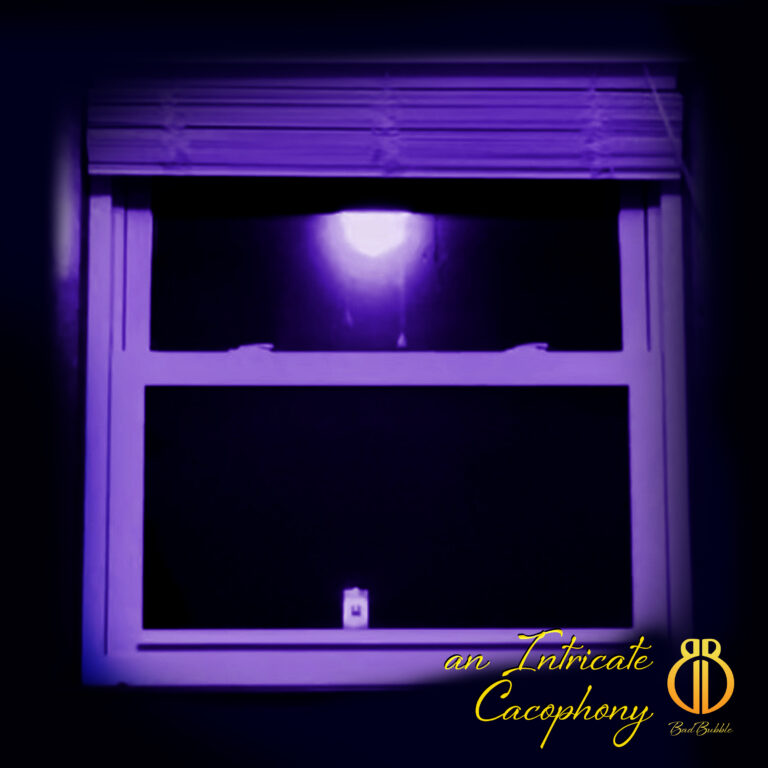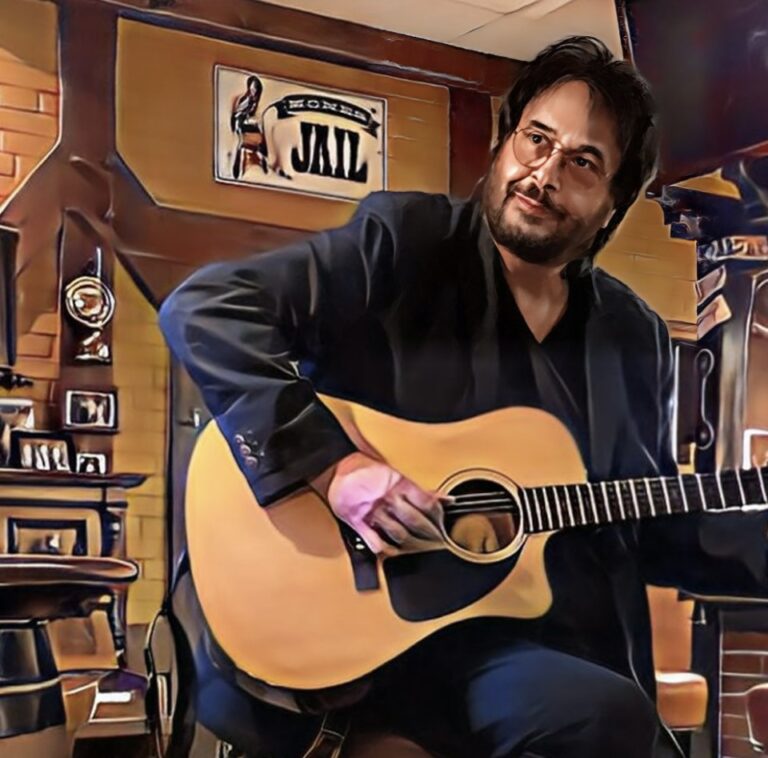A conversation with Katie Ferrara about “Secret Garden”
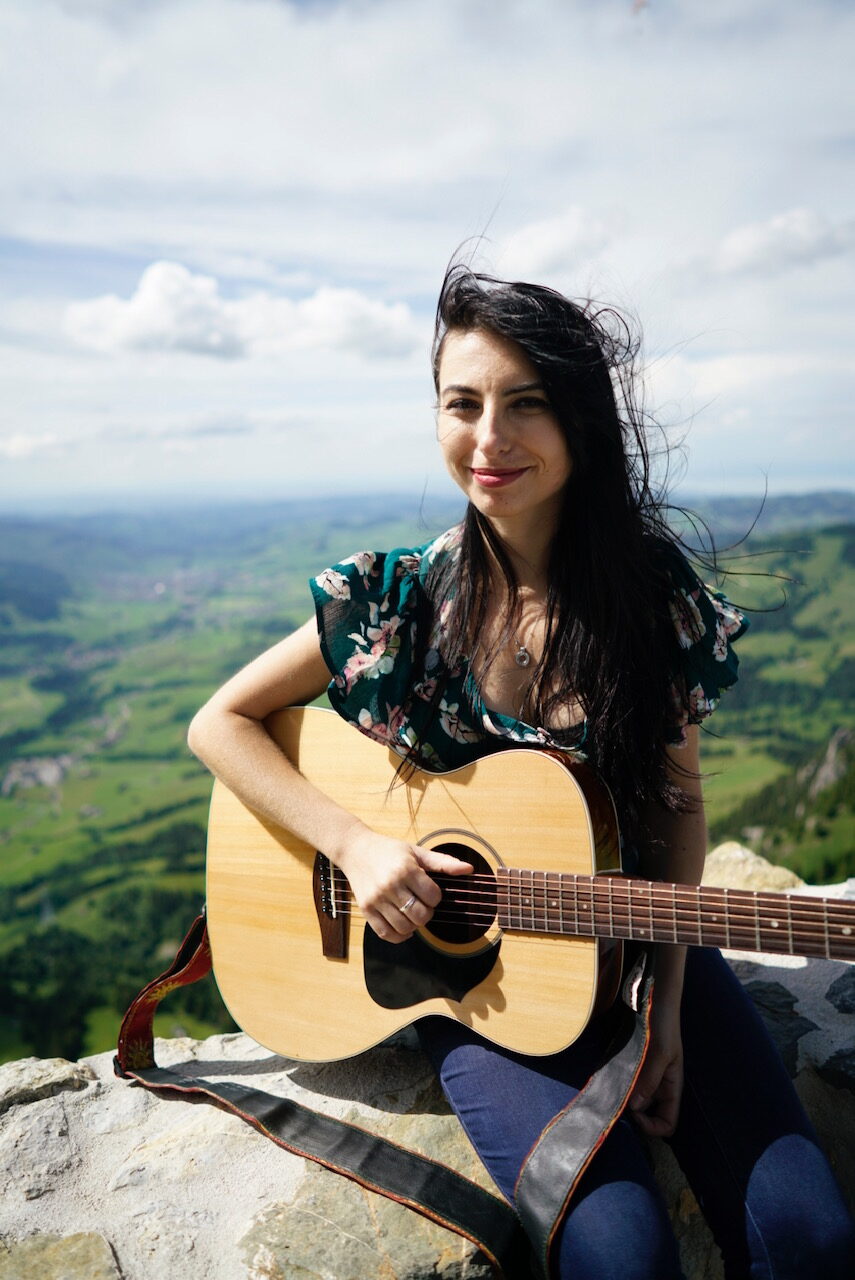
Q: Hi! Katie, your song “Secret Garden” carries a very empowering message. Can you tell us what personal experiences or beliefs inspired you to write this song?
A: My co-writer Bob Brisco and I wrote this song together during the pandemic. I had started this tune on piano with a working title called “Vulnerability”. At the time, I wanted to write a self-empowering song about being authentic and having the courage to trust a partner.
In my romantic life, I have often felt that I’ve been vulnerable with the wrong people and this has closed my heart off to real love. I feel that I’ve spent much of my life being either avoidant or highly anxious in relationships out of fear that my partner will hurt me. From these feelings, the first lyrics to the song began. “If I show you who I am, would you hold me by the hand and believe me?”
After diving into some shadow work, I’ve come to believe that there really is one relationship. That is with ourselves. We think that all our relationships are different, but our interactions with other people are really just reflections of the world inside of us. We are not as separate as we think we are.
I’ve realized that negative feelings don’t need to be fixed. They need to be felt, given space to exist, and can coexist with positive ones within a human body. I believe that the process in which we work through and transform those feelings are what create shared meaning and purpose in life.
The secret garden inside of us is the process in which we reframe our fears and integrate our shadow into consciousness. It’s an anthem to call upon the darkness and sadness hidden in our bodies to come into a safe space where that energy is seen and part of the human experience.
Q: Your music has been described as honest, authentic, and sometimes ethereal. How do you balance these elements in your songwriting, particularly in “Secret Garden”?
A: I believe that because I write personal experiences, as well as the experiences of people I care about, my music reflects honesty. I know some artists like to invent a character as part of their act, but I’ve never felt that this was the road I wanted to take with my music.
I remember when I first decided to start playing my original songs, I could have invented a stage name. I didn’t want to because all the songs I write under Katie Ferrara are snapshots of a moment in time. I get to relive those moments every time I sing. I can hear ethereal elements in the melody of the verses of Secret Garden. They are a bit dark, mysterious and soulful in tone. I think I’ve always been interested in spiritual topics and so my melodies reflect this curiosity.
Q: You have a background as a busker in various locations around Los Angeles. How has that experience influenced the way you perform and connect with audiences in a more traditional venue setting?
A:Busking has definitely taught me few techniques to help connect with audiences in a traditional venue setting whether I’m playing solo or with a band.
I have often found that in general, whether I’m out in the street or on a stage, fast/upbeat songs that people can clap or sing along to tend to do well with any kind of audience whether it’s 25 people in an intimate setting or 500 people in a large theater. This is something that I’ve practiced in the street in order to grab the attention of strangers. At times, I like to ask for audience participation at my shows to keep them memorable and engaging. I believe every performer can benefit from this technique no matter what style of music they are playing.
The most important thing I’ve learned from busking is to just be myself without relying on a gimmick to get people to like me. While I do enjoy incorporating technical skills such as live looping, my foot stomper and showing off my vocal range in songs, this doesn’t always help me connect with people on a personal level. Gimmicks make me quick cash when I need it but do not serve in the long run.
At venue shows, I tend to have more of a plan when it comes to a performance. I plan out what I’m going to say in between songs and share stories as if I’m in someone’s living room having a conversation about life. I sometimes tell jokes when I can think of them. As I write this, I think about the ways in which I can make my street shows more memorable rather than places to practice material. I’ve always thought of busking as going to the gym to train for a marathon. Perhaps I will change my strategy after this interview.
Busking has taught me that being in alignment with your own body is often the key to connection. I have to connect with the emotions behind the music if I want to connect with my fans. I have to sing from my heart center, connect with my body, and practice breathing in all the right places. I have to sing with full belief in the song as if I am reliving a moment in time. This can be hard to do especially when playing music full-time to strangers every day. I believe that this mind/body connection and open heart is truly what most people are searching for. To model that vulnerability to other people is what inspires others to do the same for themselves, hence more connection, closeness and community.
Finally, I believe that the more I play my own songs while busking, the more comfortable and confident I am with the material when I hit the big stage. Because I am able to connect with people on such a personal, grassroots level, I feel that fans become more invested in me as an artist as opposed to discovering my music on Spotify or a streaming app. The fans can see the passion and hard work that goes into sustaining a singing career and want to help.
Q: You’ve been recognized internationally, including placing in the Buskers World Cup in South Korea. What differences do you notice in the street performance culture internationally compared to your home ground in Los Angeles?
A: In my experience, street performance in the UK and Europe is a lot different than in Asia and the United States.
I feel that in Europe, street culture has been highly curated and even encouraged especially during the summer time when small towns like to put on festivals. I’ve had the privilege of playing several international street festivals over the course of my singing career in the UK, Switzerland, Germany, and Italy.
At each of these festivals, I felt that there was a sense of equity, diversity and inclusion amongst the performers and audience members. Anyone off the street had access to seeing live music. When I was street performing in Chur, Switzerland, for example, migrants, people in wheelchairs, the elderly, tourists, the affluent and children could stand side by side enjoying the show. I remember being in awe at all the unique performances such as handpan, beat boxing, celtic flute, flamenco, looping guitarists, juggling, and electronic music. Each artist was tipped by the audience for their performances and had an equal opportunity to make money for their talent.
When I performed at the Buskers World Cup in South Korea, I felt that the city of Gwangju wanted spread this culture of equity, diversity and inclusion through the festival. The competition was not only a celebration of international music but also promoted awareness of Asia’s diverse cultures.
In Los Angeles however, I feel that it’s rare that buskers are taken seriously for their craft. The stereotype of a street performer in LA is someone who is “trying to make it in Hollywood”, while waiting for their big break. They often are seen as amateur musicians begging for money. There is not much of a street music culture outside of Venice, and Santa Monica.
I do however think that in LA, small artist collectives are on the rise. Artists are taking back their power from promoters and ticketed venues to curate their own concerts . As an artist, I believe it’s crucial that we take initiative when it comes to building community around our craft. We have to think outside the box as musicians. There are so many opportunities to connect with people who do not have access to music. Why wait for someone else to create that opportunity for us? We are leaders.
Q: With your song “Like a Waterfall” winning first place in the online music competition “Musicash,” could you share what that experience was like and how it has impacted your career?
A: In 2019 I won this music competition and it completely changed my life. I was struggling financially at the time and the money from the contest brought me a lot of peace. It enabled me to continue making music during the pandemic and over the last couple of years.
The contest was comprised of several rounds of online voting. I am so incredibly thankful to my fans for committing to continuously support me over the course of that year. I would not be where I am without the generosity of my fan base over social media.
I individually messaged fans on several platforms including Facebook and Instagram to vote for a song I wrote called “Lost in the Wires”. It was filmed in a parking garage in downtown Burbank where I used to busk. The song is about cell-phone addiction and breakdown of communication in our society. The support of my fans sent me to the finale which took place at the Orpheum Theater in LA.
I remember having a difficult time over what song to play for the final round of the contest. Most of the contestants were singing to pre-recorded tracks. I made a last minute decision to hire a band to play an original song I wrote with my friend Mesmi called “Like a Waterfall”. We had written this song the year before in Yosemite National Park to celebrate the life of a dear friend’s relative who had passed away. I believe that my live performance, and song choice was what won the contest. The song is pretty fast and upbeat, features soulful vocals and is a self-empowerment song about transforming emotions.
Q: You’ve successfully released albums as an independent artist with support from your social media followers. What role do you believe social media plays for independent artists today, and how has it helped you grow your career?
A: Social media is incredibly important as an independent singer songwriter because it has given me an opportunity to create music without the need for a record label. The apps that artists use nowadays have changed drastically. In my opinion, today’s generation is more invested in TikTok and Twitch than Instagram, X ( formerly Twitter) and Meta (Facebook). When I was at the height of my social media usage I was utilizing Instagram, Periscope and YouTube for the most part. I still use these platforms for the majority of my marketing, however I’ve had to adapt to the trends in the industry and invest my time into live-streaming to connect with fans online
I still live stream my gigs from time to time but for the most part this year I’ve been very much focused on working on my musicianship through cover gigs in bars and restaurants and corporate events. I’ve been setting aside time to focus on my mental well-being. I use my free time to cowrite and produce original material for my next album. In the future, I hope to utilize a platform such as Patreon, Kickstarter, or host a regular live streaming schedule on TikTok when I have the time to plan an online show. In the past, Kickstarter was incredibly helpful in bringing value to my music. I funded two albums on that platform and hope that my fans would like to continue to contribute to my next big project.
Q: Your music has made it onto a TV show, specifically the Season 5 premiere of “Good Witch.” How did this opportunity come about, and what has been the impact of this exposure on your music career?
A: In 2019 my song “No Bad Days” was synced by 411 Music Group on this TV show. I had been going to sync licensing conferences the year before and learned about what type of songs sync agents were looking for at the time. My co-writers and I wrote No Bad Days keeping these production and songwriting elements in mind. We didn’t know who would pick up the song at the time. After it was placed on the show, it was added to several Spotify playlists which helped expose my page to new fans.
Q: As a sponsored artist by QSC and Yamaha, how do these partnerships enhance your performance capabilities, and what does it mean for you to have corporate support in your artistic endeavors?
A: I am very thankful to QSC for the Touchmix and K 8.2 speakers. This sound system has been incredibly helpful in adding a professional touch to my corporate events. I feel that I’ve gotten more opportunities to perform because of the quality of my audio system. I am very thankful to Yamaha for giving me a guitar to play at my gigs and for songwriting. I was using it quite a lot last year to make videos for the YouTube channel Produce like a Pro. These partnerships help me so much as an artist because they expose me to new fans and align my music with similar artists who might like to collaborate in the future. These partnerships also help cut the equipment cost to perform live since the majority of my gigs require me to set up my own sound system.
Q: You’re passionate about aligning your music with charities and causes. Could you share how you integrate your advocacy with your music, and why is this intersection important to you?
A: I think music is a powerful way to bring attention and awareness to people who are suffering or might not have a platform to share their experiences. I feel passionate aligning my music with causes and charities perhaps because I’ve felt a level of separation in the music community here in LA. One of the fears I have to work through in my everyday life is that sometimes I feel that I don’t belong here. I know this is not true, but sometimes I feel this industry is extremely rejecting, cliquish and unkind.
To be able to help another person or at least spread awareness of an organization which helps people gives me a sense of agency in my own life and helps me see the greater picture. I feel that I am valued and can help change the world when I sing about social change. I think many artists feel this way about their songs, but perhaps haven’t found communities where their messages have been appreciated. I think to myself, the least I can do as an artist is find places where people value me and I can lift others up through the music.
Some of the charities that I am passionate about are West Coast Care and Water.org.
West Coast care helps reunite the homeless population in Santa Monica with their families. I wrote a song for their charity a couple of years ago called “Help me Up”. It was used in a fundraising video to help inspire people to donate to the cause. My co-writer and I wanted to stress the importance of having the courage to ask for help and the daily struggles people experiencing homelessness go through when faced with such a difficult situation.
I also wrote a song called “On Her Path” for the organization Water.org after learning from a friend about the work that they do to help bring clean water to people all over the world. It’s something we take for granted here in the US. In other countries, having access to clean water is a privilege. Writing these songs has given me a greater perspective regarding struggles in my own life.
Sure, I can write an unrequited love song about some guy that doesn’t deserve me. I have plenty of those songs in my repertoire. What’s even more powerful is writing a song that serves others. I take my sadness, anger or frustration and realize that other people are experiencing that same thing but perhaps their struggle is a different story. No matter what the story is, we all share similar emotions and can connect on that.
Q: Finally, what’s next for Katie Ferrara? Are there any new projects, tours, or collaborations you can share with us as fans look forward to more of your music?
A: I’m continuing to release singles from my music catalogue that I recorded during the pandemic. My next original single will be out in January. I have a cover song coming out on November 17th.
I hope to wrap up recording a new full length record by the end of this year. It’s been a lot of work writing the new songs and recording them. I actually decided not to travel or tour this year because I wanted to stay grounded in LA, save money and focus on my writing. I hope to tour again next year to Europe.
